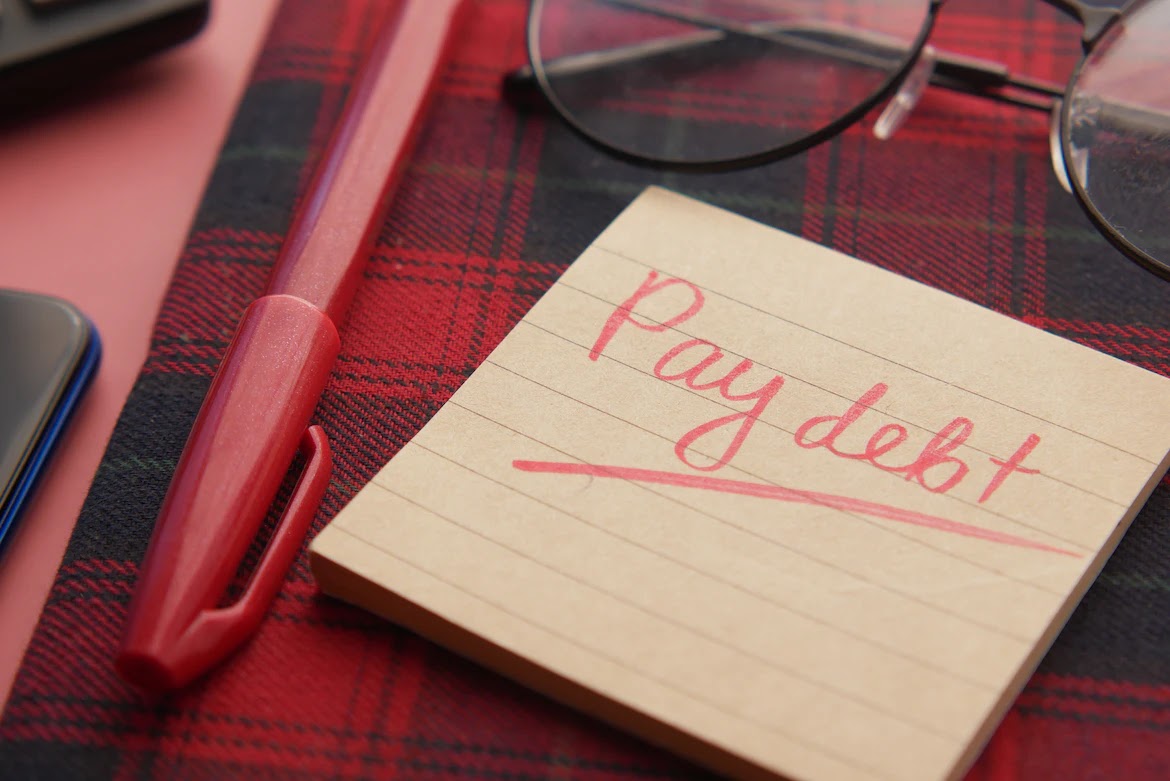Retirement is a time to enjoy life, but it is important to have enough money saved up to support yourself during this time. There are many tips on how to save for retirement, but some of the most important include:
- Start saving early. The earlier you start saving, the more time your money has to grow.
- Contribute to a retirement plan at work. Many employers offer matching contributions, which means they will put money into your account for free.
- Open an IRA. If your employer does not offer a retirement plan, or if you want to save more than your employer allows, you can open an individual retirement account (IRA).
- Invest your money wisely. When you invest your retirement savings, it's important to choose investments that are appropriate for your age and risk tolerance.
- Rebalance your portfolio regularly. As you get older, you may want to adjust your investment mix to become more conservative. This will help to protect your nest egg from market volatility.
- Don't touch your retirement savings. It's tempting to dip into your retirement savings for unexpected expenses. But resist the temptation. The money in your retirement account is for your future, so it's important to leave it alone as much as possible.
Following these tips can help you save for a comfortable retirement. But it's important to remember that retirement planning is an ongoing process. You'll need to review your savings goals and make adjustments as needed throughout your life.
Here are some additional tips that can help you save for retirement:
- Set a retirement savings goal. How much money do you think you'll need to live comfortably in retirement? Once you know your goal, you can start to make a plan to reach it.
- Create a budget. Tracking your income and expenses can help you see where your money is going and where you can cut back. This will free up more money to save for retirement.
- Live below your means. One of the best ways to save money is to live below your means. This means spending less money than you earn.
- Pay off debt. Debt can be a major drain on your finances. If you have debt, focus on paying it off as quickly as possible. This will free up more money to save for retirement.
- Get a roommate. If you live in a big city, consider getting a roommate to help you save on rent. This can free up hundreds or even thousands of dollars each month that you can put towards retirement savings.
- Get a part-time job. If you're already working full-time, consider getting a part-time job to boost your income. This extra money can go towards your retirement savings.
- Ask for a raise. If you're not happy with your current salary, talk to your boss about getting a raise. This will give you more money to save for retirement.
- Negotiate your 401(k) match. If your employer offers a 401(k) match, see if you can negotiate a higher match. This will help you save more money for retirement.
- Take advantage of company discounts. Many companies offer discounts on products and services to employees. This can save you money that you can put towards retirement savings.
- Attend financial workshops. There are many financial workshops available that can teach you about retirement planning. Attending these workshops can help you learn more about how to save for retirement.
- Read financial books and articles. There are many financial books and articles available that can teach you about retirement planning. Reading these books and articles can help you learn more about how to save for retirement.
- Talk to a financial advisor. If you're not sure how to save for retirement, talk to a financial advisor. A financial advisor can help you create a retirement plan and make investment decisions.
Saving for retirement can be a challenge, but it's important to start saving as early as possible. By following these tips, you can reach your retirement savings goals and enjoy a comfortable retirement.














